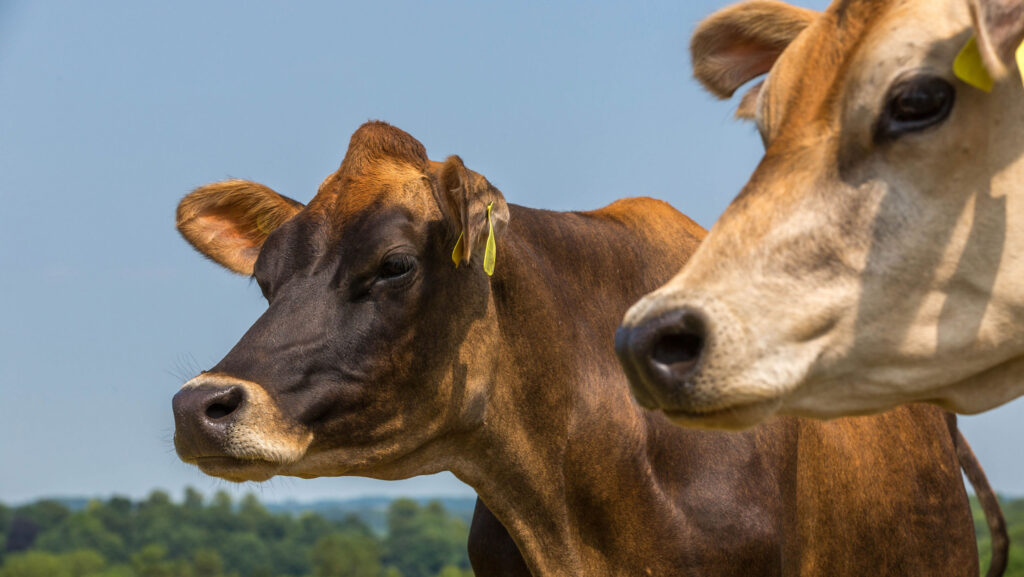Jersey avoids bluetongue with 100% vaccination policy
 © Tim Scrivener
© Tim Scrivener Vaccinating all livestock against bluetongue virus serotypes 3 (BTV-3) and 8 (BTV-8) has kept Jersey bluetongue-free.
A mandatory centralised vaccination policy was implemented, resulting in no clinical cases being reported during this vector season.
By contrast, the total number of BTV-3 cases in Great Britain for the 2025 to 2026 vector season (since July 2025) currently stands at 107, including 103 cases in England and four cases in Wales.
Two cases of BTV-8 have also been confirmed in England since July 2025.
See also: Bluetongue cases rise sharply, despite drop in temperature
These cases, said Gordon Hickman, head of exotic disease policy at Defra, are not surprising as BTV-8 and BTV-3 are circulating in France, with high levels in Brittany and Normandy.
“We’re hoping to be on a bit of a decline as the disease peaked in September, but we’re still confirming in the region of 15 to 20 cases per week,” he told an AHDB Bluetongue webinar on Wednesday (8 October).
Mandatory vaccination programme
The bluetongue situation on the Continent has been closely monitored since 2023, said Rui Couchinho, Jersey’s deputy chief veterinary officer, given the island’s proximity to France.
To get ahead of the disease, a mandatory government-funded vaccination programme was implemented for all cattle, sheep and goats registered on the island.
“The programme presented a significant cost and represented 10% of the AHWT annual budget. So, it required a business case to be made to the treasury,” he said.
Three vaccines from three different manufacturers were purchased to ensure supply and better pricing, and the vaccination programme, including the allocation of vaccines, storage, and administration, was carried out by the Jersey government.
Early engagement
Mr Couchinho said early engagement with the industry was key and gained the consensus from farmers on the island.
Vaccination started in May and concluded in mid-July. It achieved a 92% coverage rate, excluding underage animals.
“We have been investigating any abnormal cases of mortality, and I’m quite confident we don’t have clinical disease,” he said.
Although the virus may be circulating on the island, he is clear that vaccination is worthwhile.
“You definitely see a difference on the ground when you adopt the vaccination policies and you’re able to achieve good levels of coverage,” he added.
Guernsey, he added, rolled out a voluntary, subsidised programme and is also bluetongue-free.
